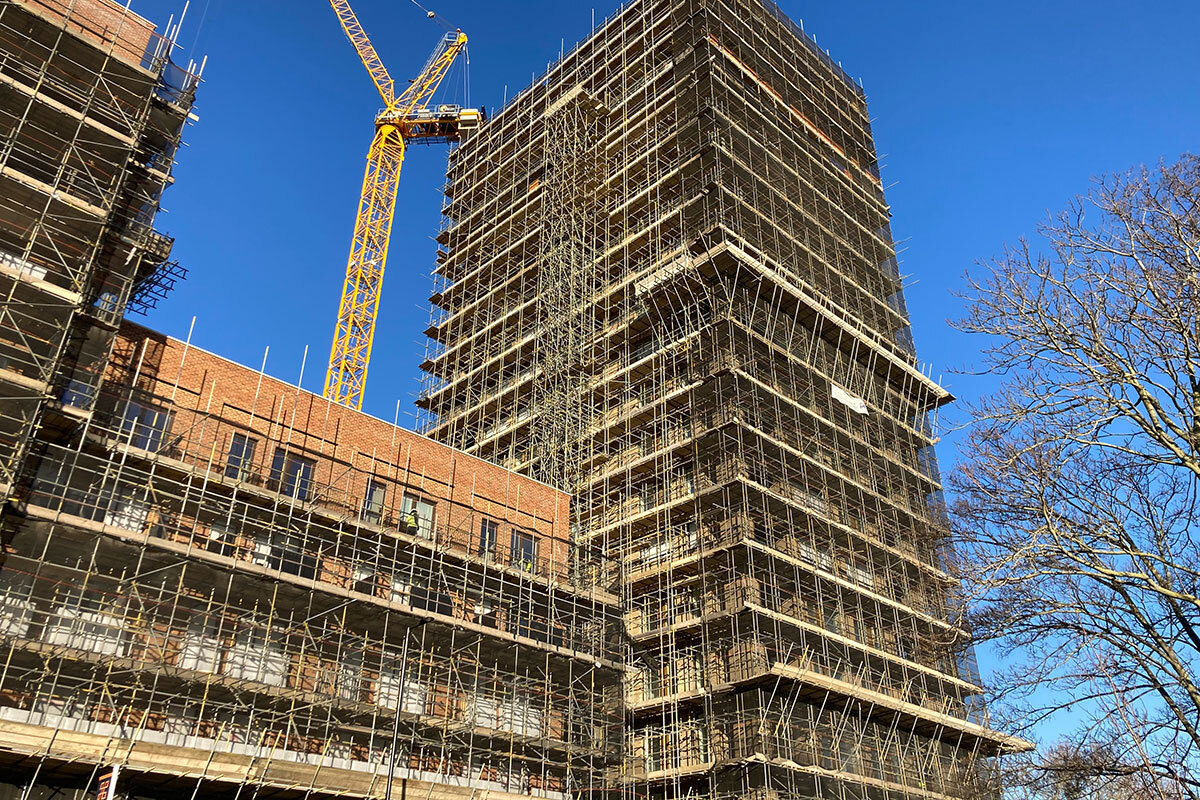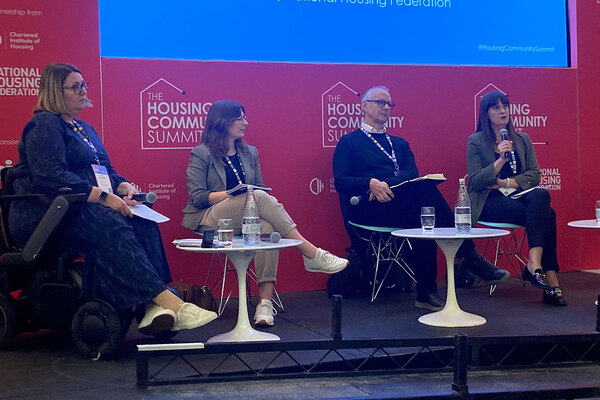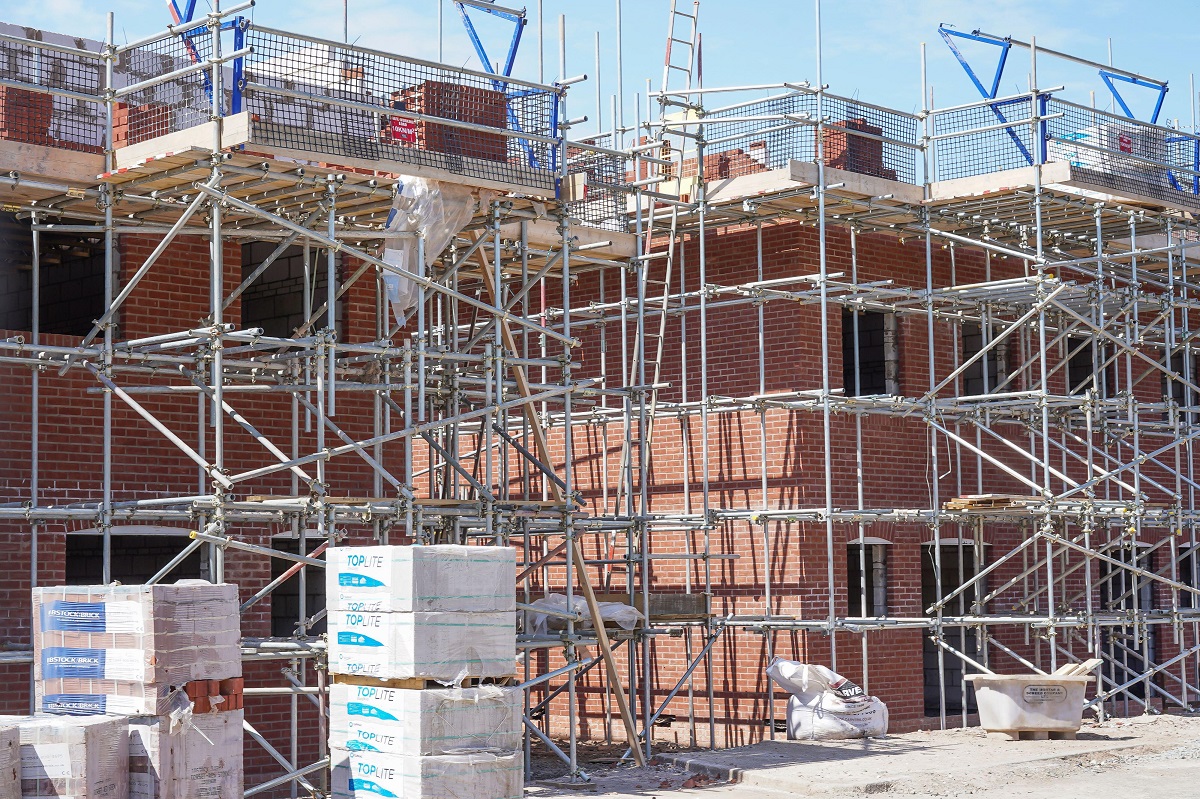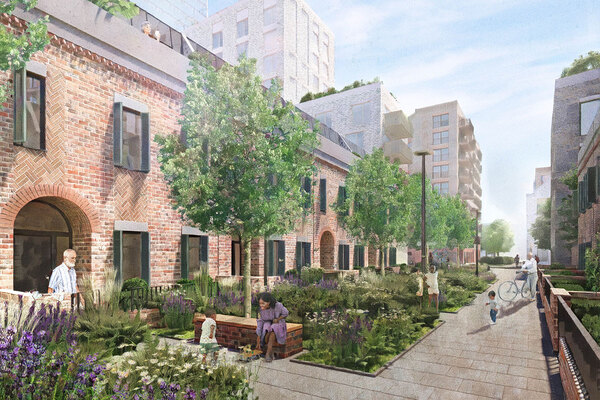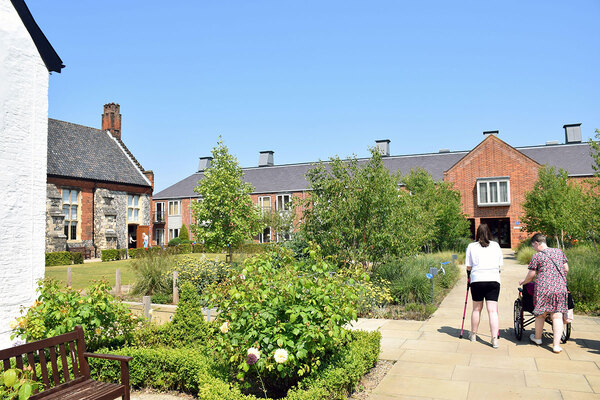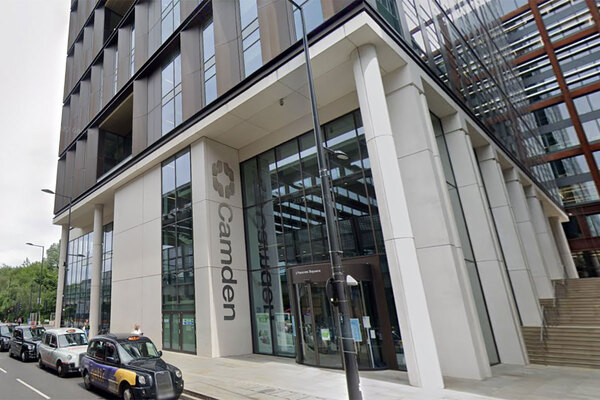Estates regenerated using cross-subsidy model saw average rent increase of £80 per week, report finds
Social housing estates redeveloped using a cross-subsidy approach have delivered new homes that are on average £80 per week more expensive to rent, new research has found.
The study by the Public Interest Law Centre evaluated six major demolition and regeneration programmes in London, finding they delivered a net loss of more than 2,000 social rent tenancies.
“The central message is that the cross-subsidy model of comprehensive council estate redevelopment has not [met] and cannot meet the housing needs of low-income, working-class Londoners,” the report said.
In total, 8,629 council homes were demolished across six schemes in Southwark, Barking and Dagenham, Lambeth, Hackney, and Camden.
They were or will be replaced by 23,551 new ones, using several distinct models all funded by cross-subsidising social homes and other infrastructure by private development or sale, leveraging rising land values and increasing density.
Just 27% of replacement homes were social-rented housing – 6,478 homes in total, meaning a net drop of 2,151 across the six case studies.
At a panel event earlier this month, Kate Henderson, chief executive of the National Housing Federation, acknowledged that the cross-subsidy model had failed to adequately replace social homes, with the state not providing enough funding.
She said the sector needs to hear more from the new Labour government on its plans around estate regeneration.
More than half (51%) of the new homes assessed by the study were for private sale or market rent, with just over a fifth (22%) for intermediate sale or rent, including shared ownership, Affordable Rent and London Living Rent.
The report emphasised that the latter two tenure types often do not qualify as what it calls ‘truly’ affordable housing, costing no more than 30% of a household’s net monthly income.
Alongside the decline in social homes, researchers found that the replacement new homes were more expensive to rent.
In Southwark, a net loss of 1,538 social homes on the Heygate and Aylesbury estates was recorded after 3,971 homes were demolished. This resulted in new social lettings that were on assured rather than secure tenancies, with £107.51 higher average costs per week.
The second model explored by the researchers, in which councils set up a wholly owned firm to redevelop and manage housing outside their Housing Revenue Account, has been used in Barking and Dagenham and in Lambeth. Here, 3,559 homes will have been demolished by 2030, with 9,242 built in their place, but only 2,126 for social rent – a net loss of 970.
In this model, rent increased by £103 compared with average council rents in the boroughs.
The picture was slightly different in Hackney and Camden, where councils are directly leading estate regeneration on public land. The study found that unlike in the other boroughs, projects would deliver a net increase of 848 social rented homes, after 2,103 homes were demolished.
On average, rents in the new council homes will be £54 a week higher than average council rents in the two boroughs, researchers found.
“This increase [in social housing numbers] is attributable to Camden’s development programme, which has been part subsidised by the sale of a significant amount of public land to private developers,” the report said.
While tenancies of these homes will still be secure ones, the higher rents would especially affect “those hit by the benefit cap”.
Dr Joe Penny, author of the report and a lecturer in global urbanism at University College London, said the findings “evidence the urgent need for a fundamental rethink” of estate regeneration in London.
“Truly affordable homes – that cost no more than 30% of net household incomes – are not being replaced in sufficient quantities,” Dr Penny added.
“Social and affordable rents are increasing beyond what those on the lowest incomes can afford, and structurally sound buildings are being wasted amid a deepening housing emergency.”
Inside Housing has approached the Ministry of Housing, Communities and Local Government for comment.
Sign up for our development and finance newsletter
Already have an account? Click here to manage your newsletters
